Intermittent fasting with bone broth is a great way for you to manage your fasting times, and ensure you are getting an abundance of nutrients. As a Christian, I regularly fast and pray, it is a practice that many cultures embrace. Not only are there spiritual benefits, but there are many health benefits.
In the world of fasting, the concept of consuming bone broth has gained considerable popularity. Beyond being a savoury and comforting beverage, bone broth contains a number of nutrients and can make an excellent companion for those embarking on a fasting journey. In this blog post, we’ll explore six compelling reasons to incorporate bone broth into your fasting routine.
Rich Source of Nutrients:
Bone broth is a nutritional powerhouse, packed with essential vitamins and minerals. During the boiling process, bones release collagen, amino acids, and minerals such as calcium, magnesium, and phosphorus into the broth. These nutrients are easily absorbed by the body, providing a nourishing and easily digestible source of energy during fasting periods. This is particularly important as fasting can sometimes lead to nutrient deficiencies, and bone broth serves as a replenishing elixir.
Supports Gut Health:
Unfortunately, bone broth continues to be censored in the UK and Europe. Bone broth has not been approved for making health statements due to a lack of science and a lack of support for science for this nourishing drink. Getting food products approved on the health register is extremely complicated, difficult, and expensive. We would love to pursue the ability to make health statements about our products, but we have been stopped at all given opportunity. No universities want to work with us, no hospitals want to work with us, no scientists and no doctors. After years of applying for funding, support from the industry and much more, we have been refused and any time we try, we are instantly shut down.
Hydration and Electrolyte Balance:
Staying hydrated is essential during fasting, and bone broth can be a valuable ally in maintaining proper fluid balance. It not only provides hydration but also contains electrolytes such as potassium and sodium. This is especially beneficial during extended fasts when maintaining electrolyte balance becomes crucial. The combination of hydration and electrolytes in bone broth helps prevent dehydration and supports various bodily functions, including muscle contractions and nerve signalling.
Curbs Appetite and Cravings:
Bone broth is high in protein. Protein is calorifically higher than carbohydrates, giving you a 9 kcals per 1g of protein, in comparison to 4kcals per 1g of carbohydrates. Therefore, drinking bone broth throughout the day can help keep you fuller for longer, because the proteins are longer lasting.
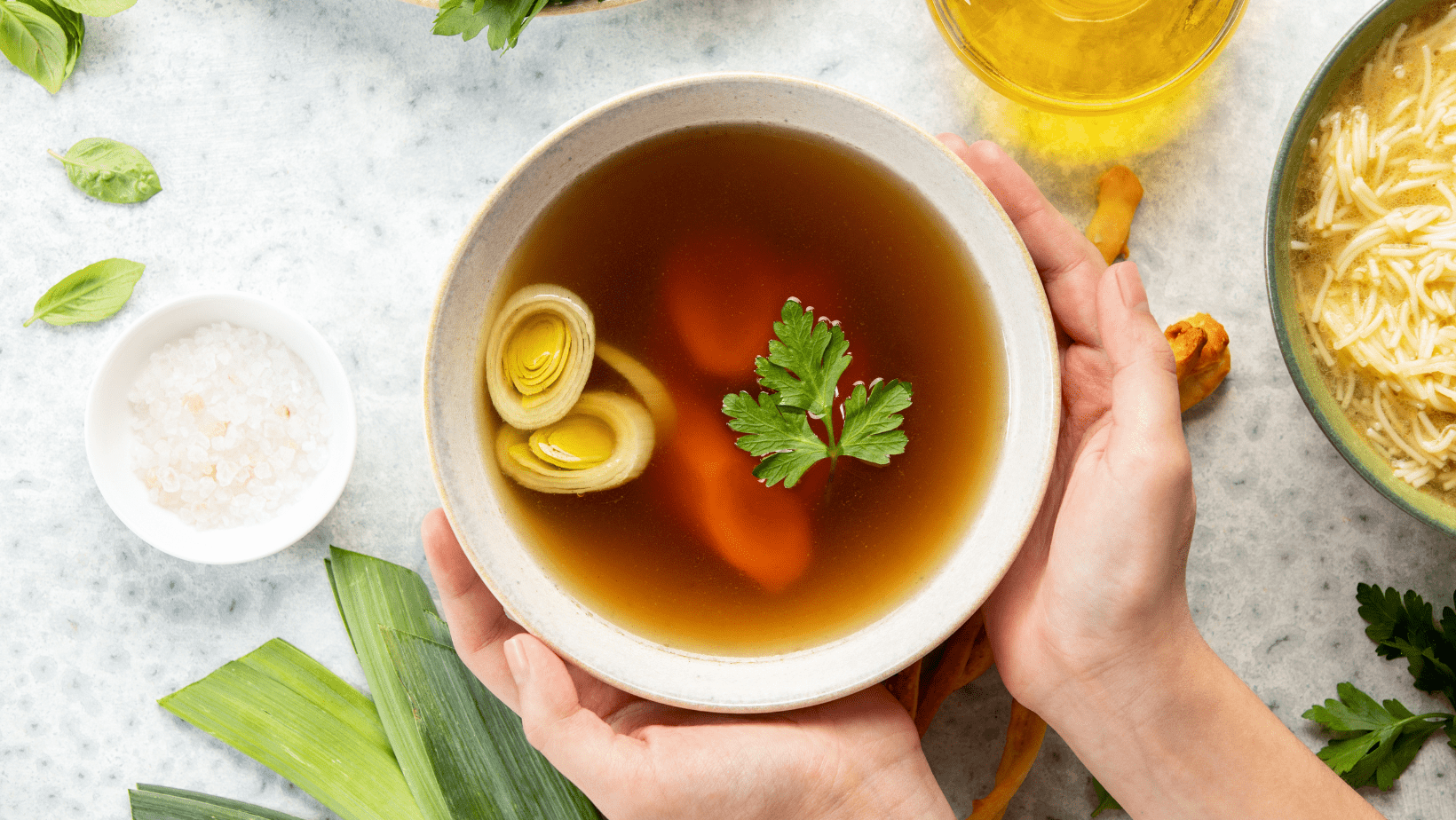
Muscle Health:
Bone broth contains protein. Protein is good for muscle health because, protein is required to build and repair muscle damage. Drinking broth can therefore help when you fast, particularly if you are training at the same time.
Promotes Detoxification:
Once again, we are unable to explain this, so we encourage you to read articles elsewhere to learn more about detoxification and the relationship with broth and the liver. Read more here.

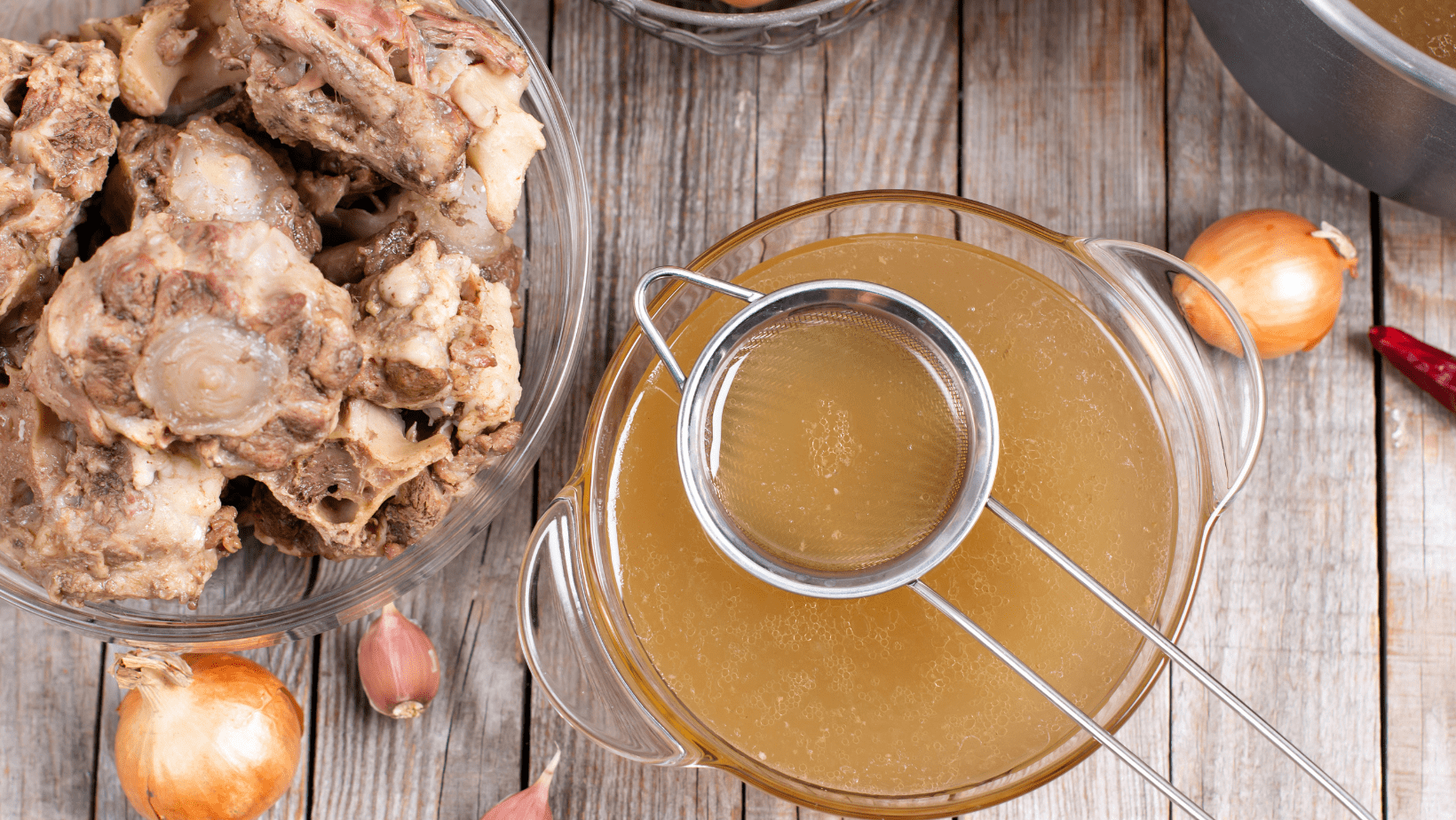
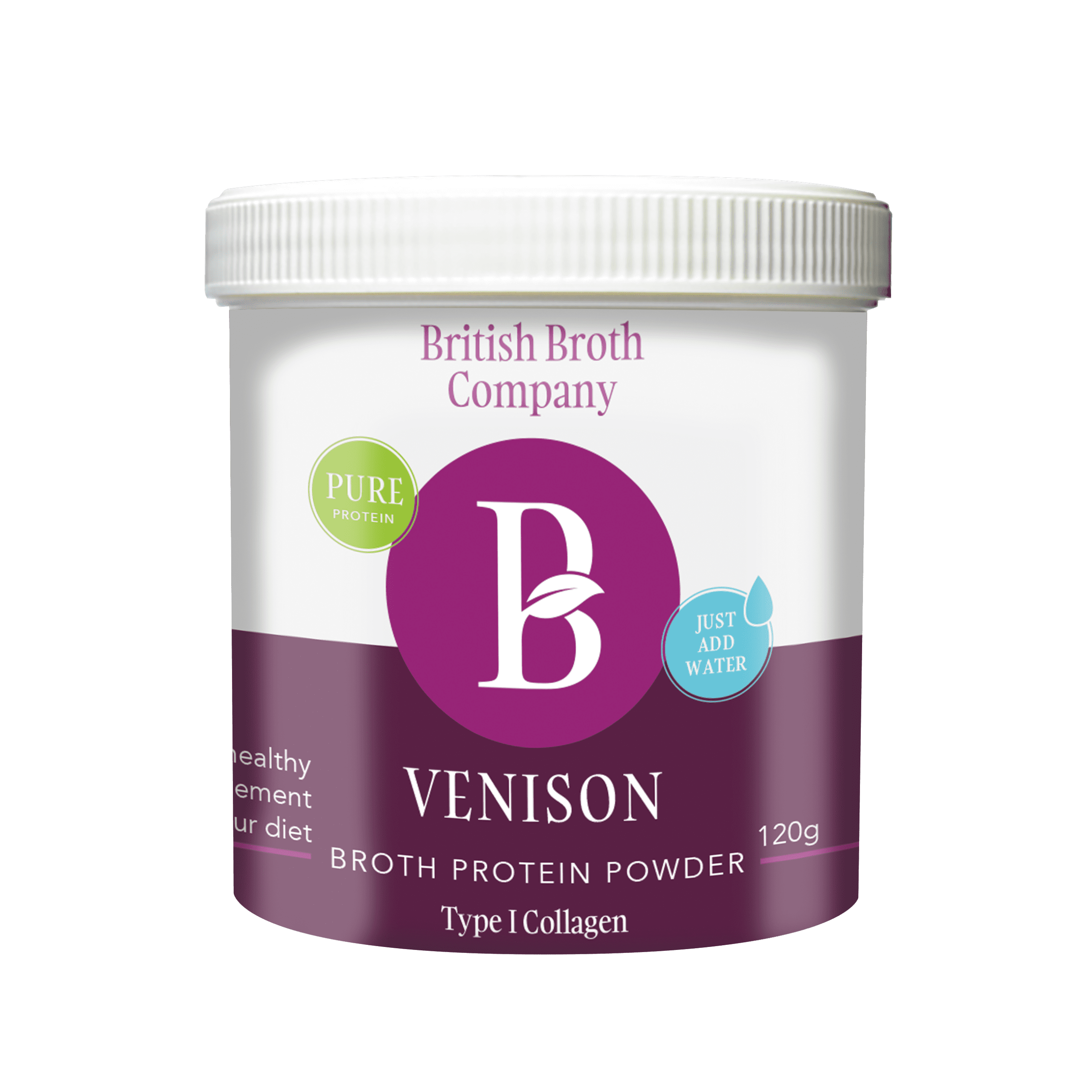
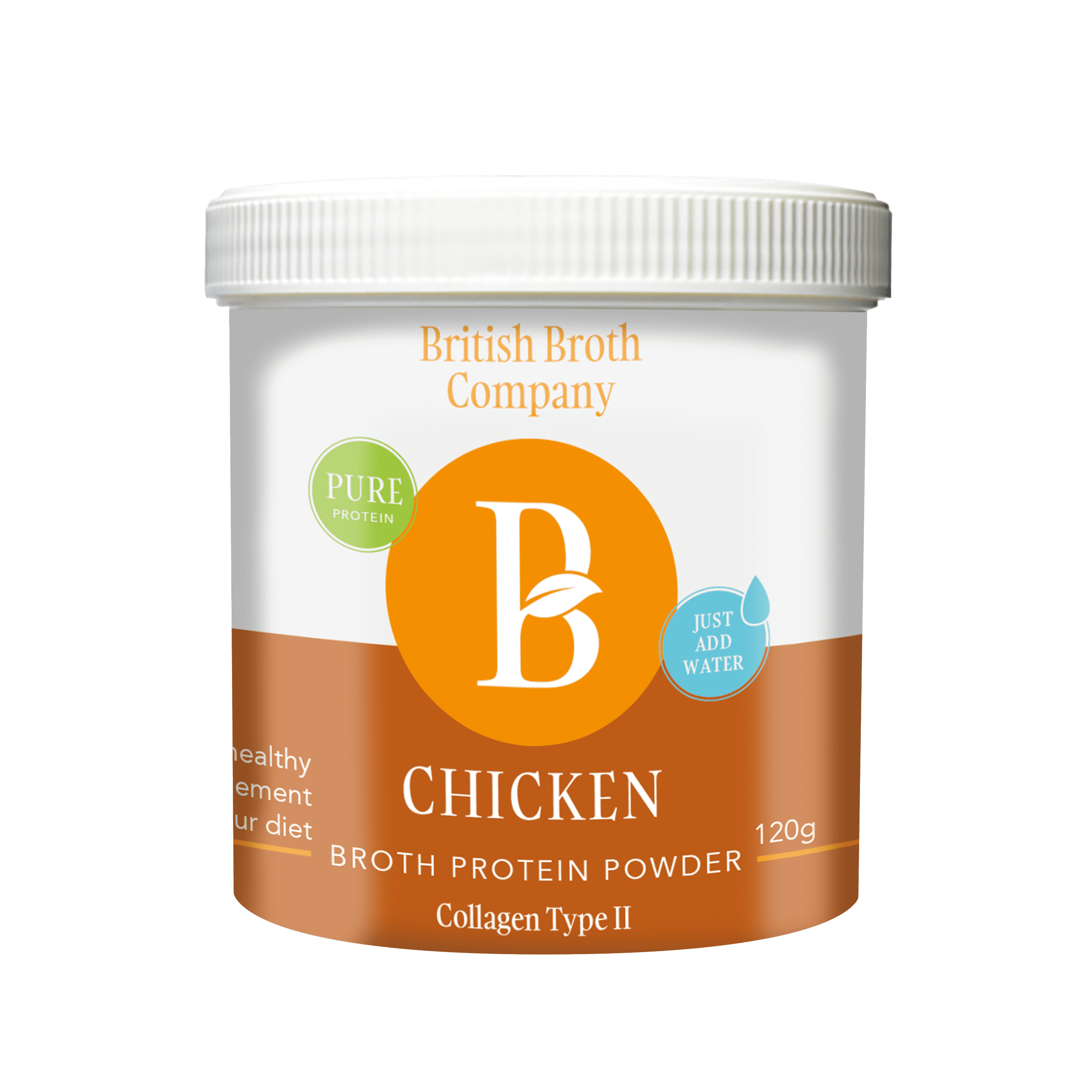
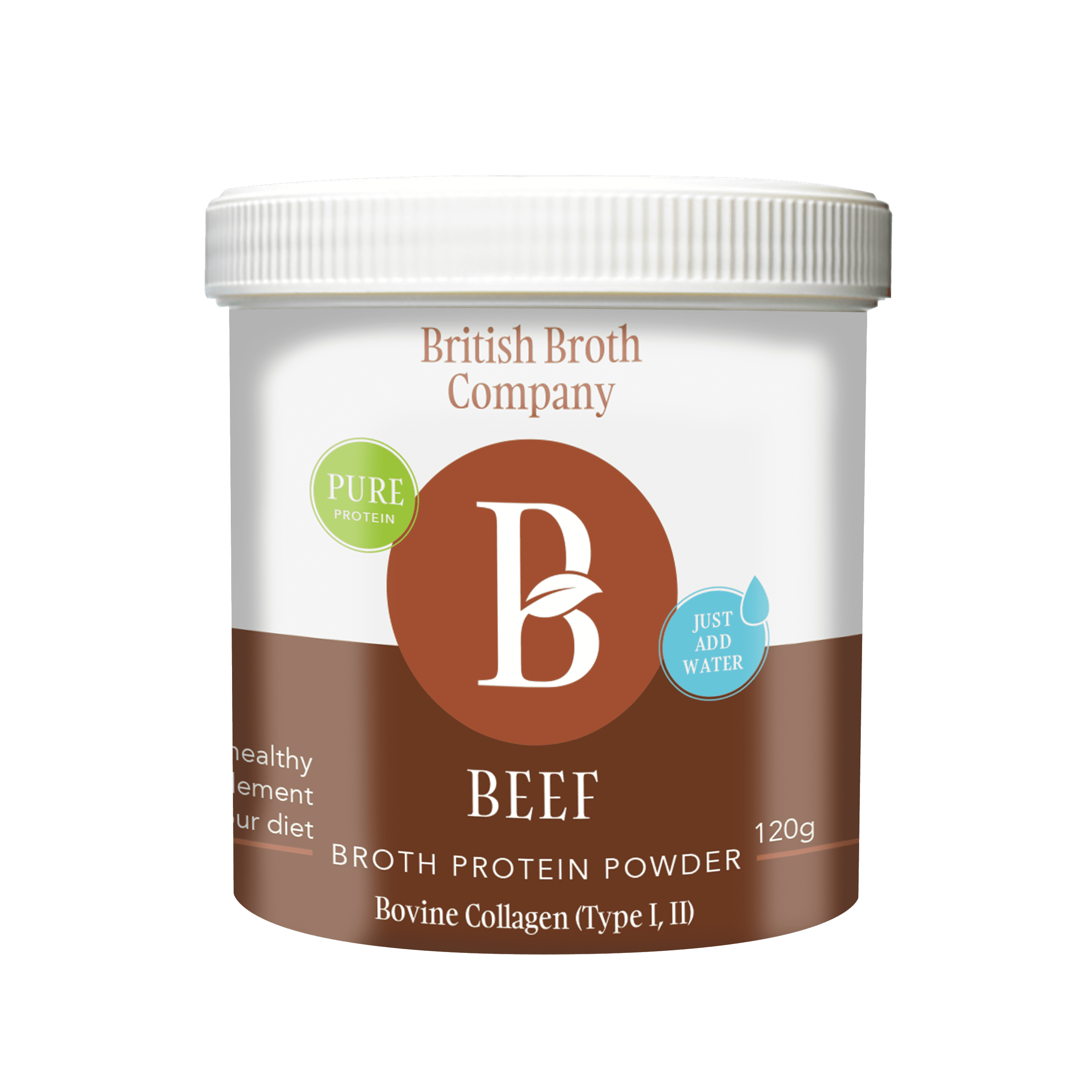
Hi.
Can you drink the broth in the fasting window ?
I’ve read because it has calories, breaks the fast and you can’t go into autophgy
Hi Ginny
Thank you for the comment. We always recommend drinking broth during the fasting window, as broth is very low in calories, less than 20 kcals per cup. The health benefits of drinking the broth during a fast far outweigh anything else, because of broth’s natural ability to reduce inflammation, as well as containing important minerals. When fasting, this is the best way to ensure your body uptakes all the nutrients.
Rachel